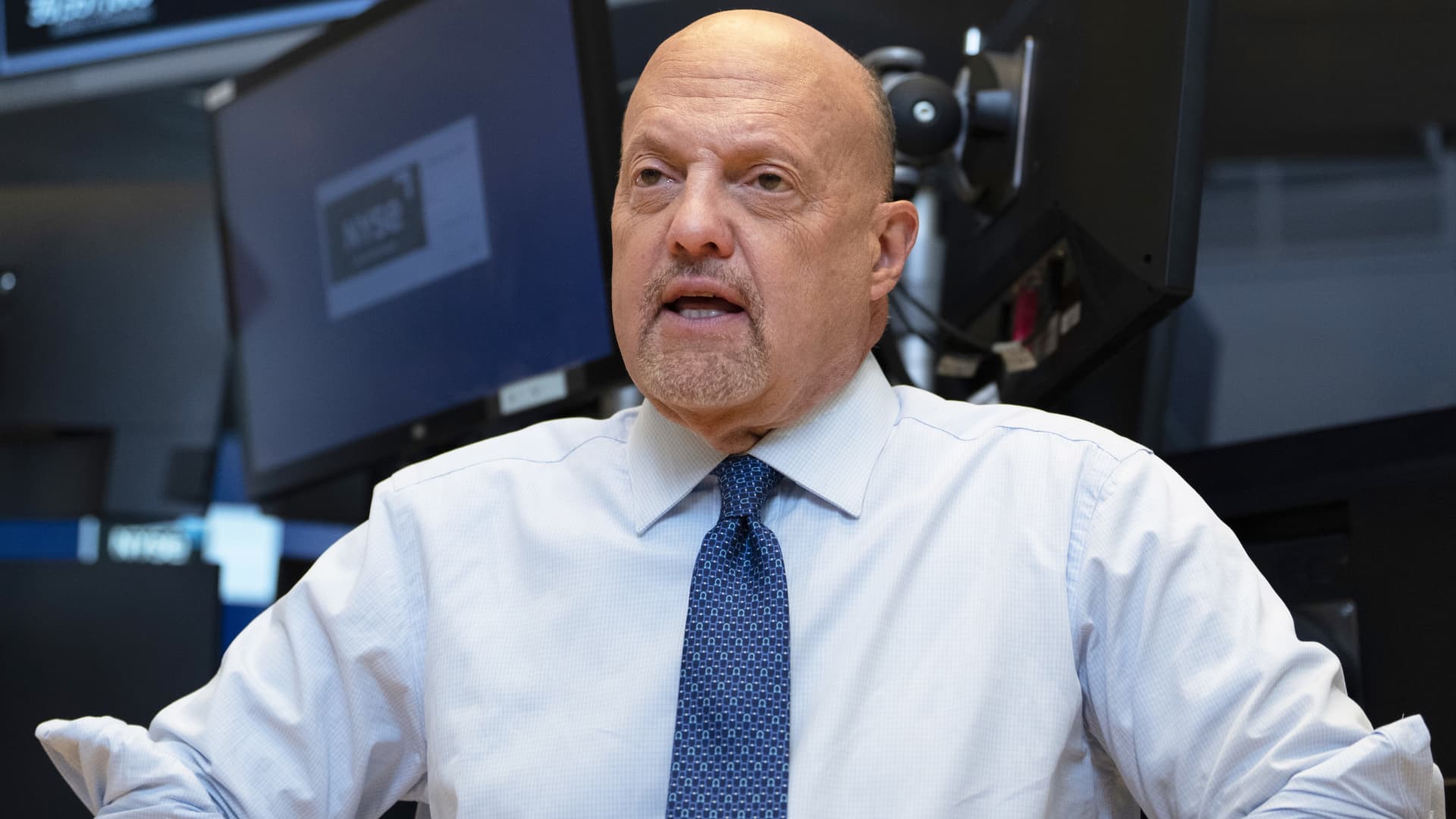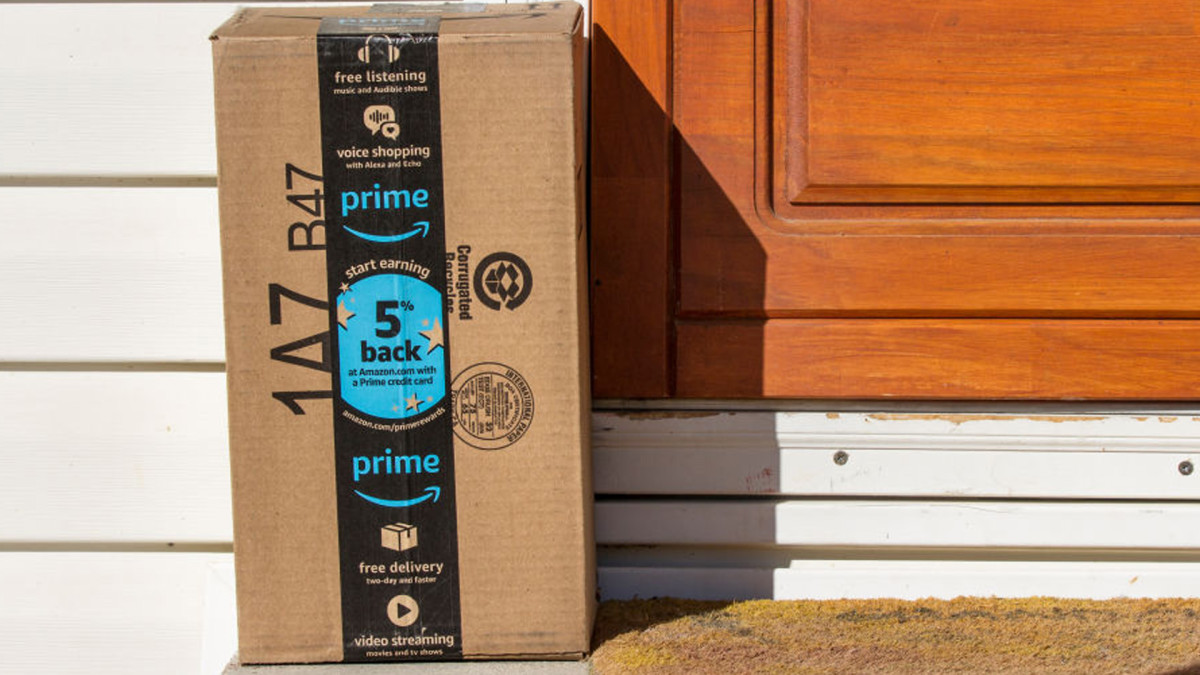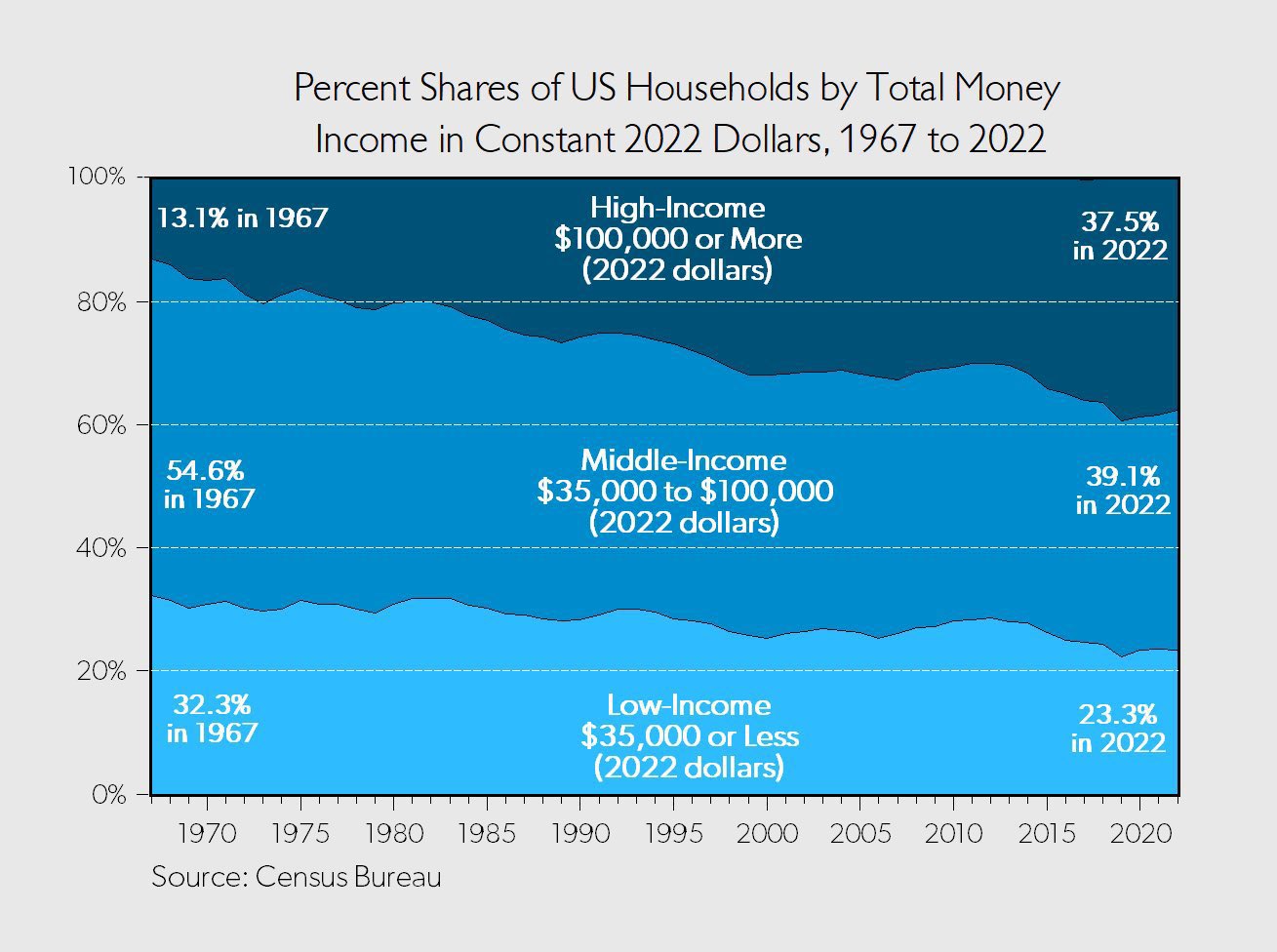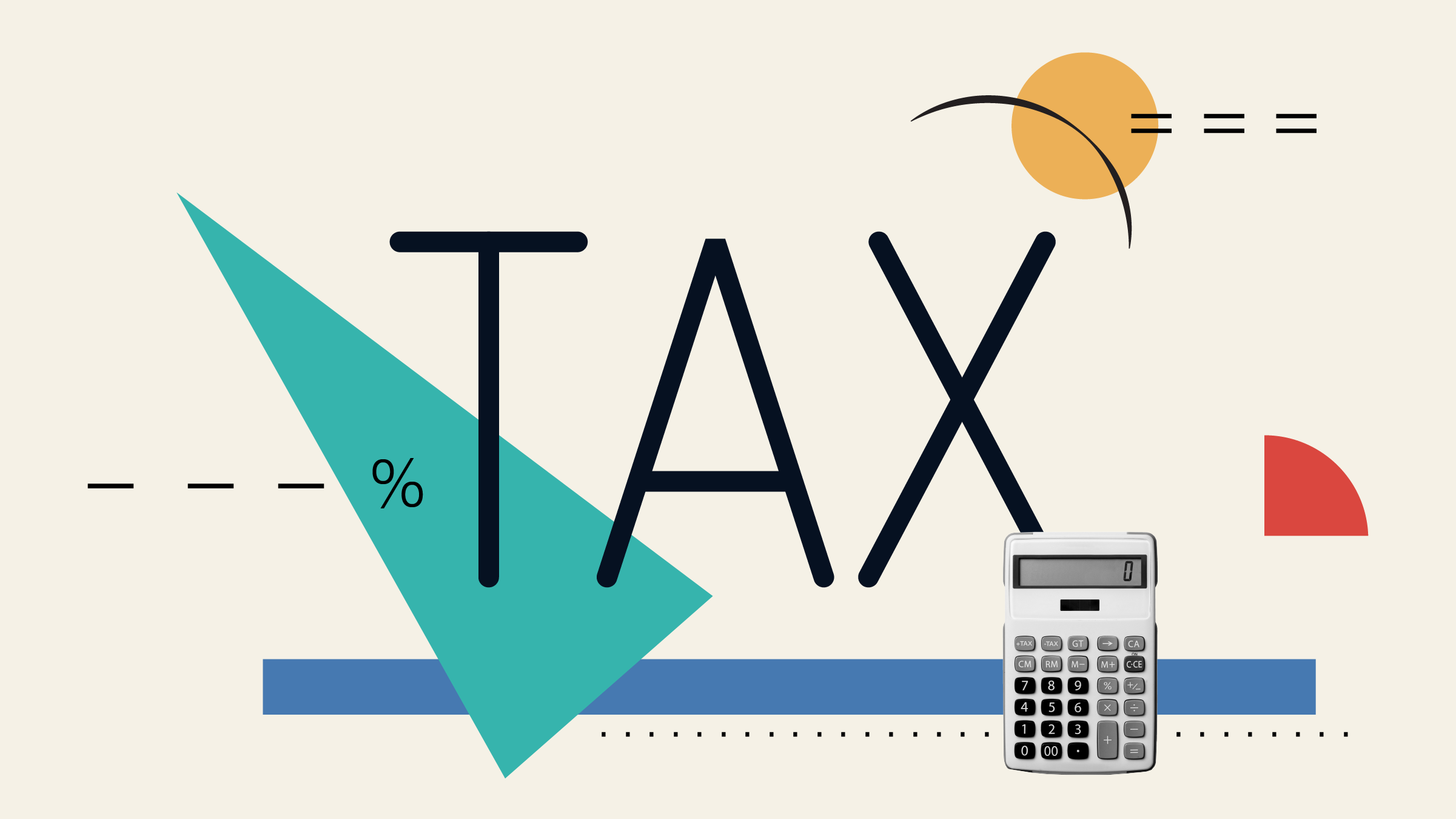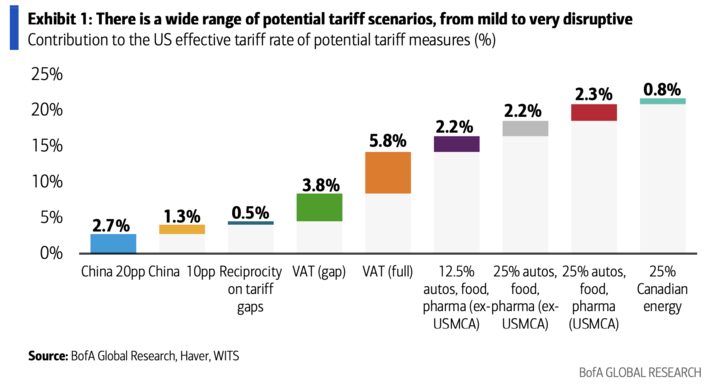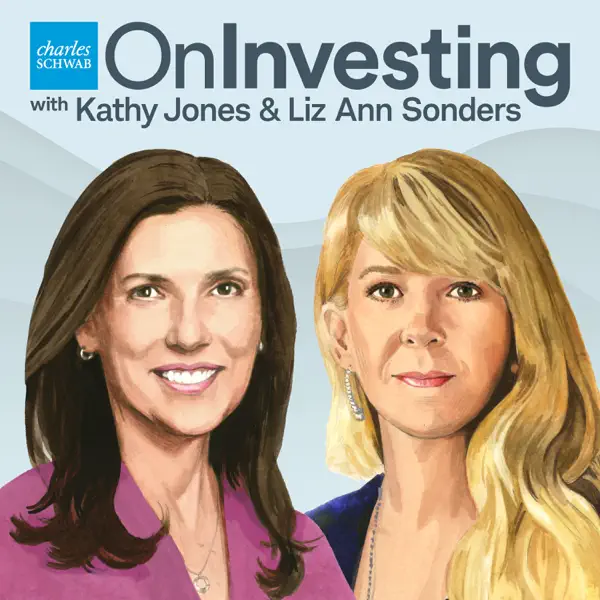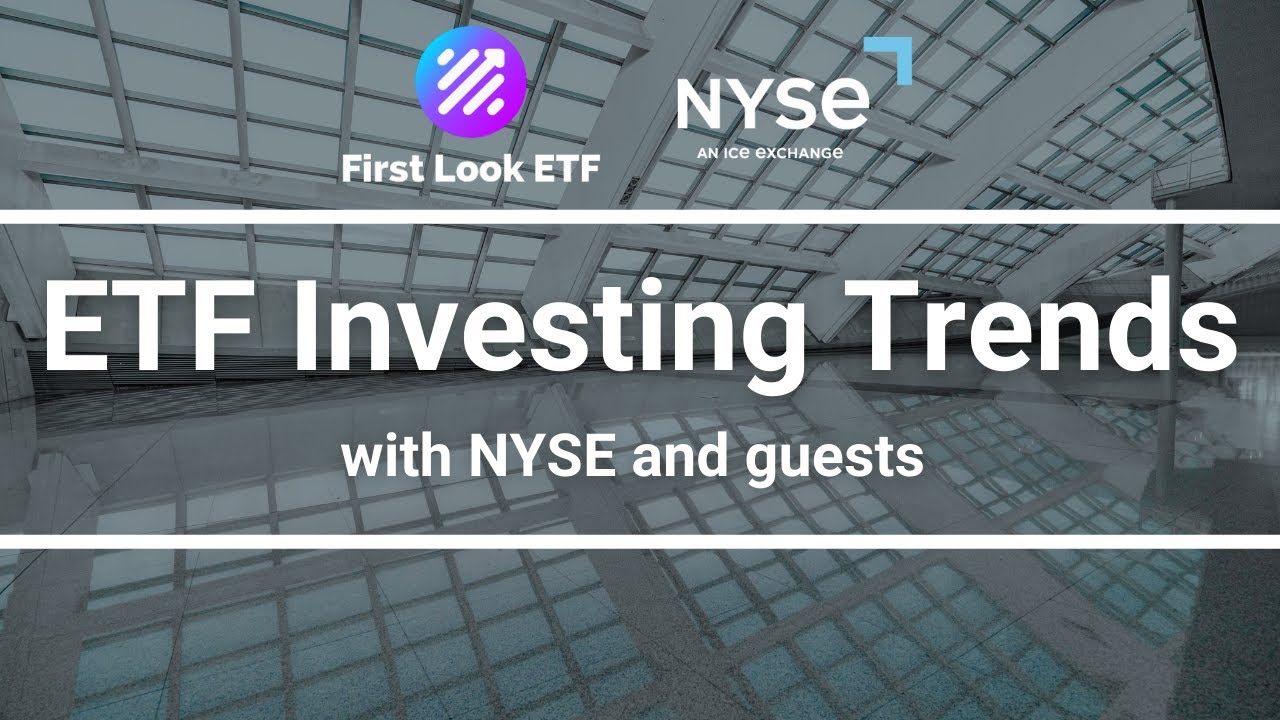Ready to Retire? 3 Must-Know Questions You Can’t Afford to Skip
There is a lot to think about when you are preparing for retirement. Unfortunately, there are some important issues that far too many people overlook. You don’t want to miss a key financial need affecting your retirement security, so be sure you know the answers to these three vital questions before you get ready to […] The post Ready to Retire? 3 Must-Know Questions You Can’t Afford to Skip appeared first on 24/7 Wall St..

Key Points
-
Before retiring, you need to make sure you can cover healthcare costs.
-
You also need a plan for emergency spending.
-
Lastly, you must prepare for the chance you’ll need nursing home care.
-
Are you ahead, or behind on retirement? SmartAsset’s free tool can match you with a financial advisor in minutes to help you answer that today. Each advisor has been carefully vetted, and must act in your best interests. Don’t waste another minute; get started by clicking here here.(Sponsor)
There is a lot to think about when you are preparing for retirement. Unfortunately, there are some important issues that far too many people overlook.
You don’t want to miss a key financial need affecting your retirement security, so be sure you know the answers to these three vital questions before you get ready to leave the working world for good.
Have I fully accounted for healthcare costs and insurance?
According to Fidelity’s 23rd annual Retiree Health Care Cost Estimate, a 65-year-old retiring in 2024 could expect to spend $165,000 on healthcare in retirement. That is 5% higher than the amount Fidelity estimated would be necessary in 2023, and it is more than double the amount Fidelity said a retiree was likely to need in 2002 when the investment firm began tracking this number.
Unfortunately, this is out-of-pocket spending for things like Medicare premiums, Medicare coinsurance costs, and expenses Medicare doesn’t cover. Those who retire before Medicare eligibility begins at age 65 can also expect to incur even more costs for private health insurance before getting government-sponsored coverage. Even those who qualify for Medicare will also likely want a Medigap or Medicare Advantage plan to offer more coverage.
If you don’t have a plan for how you are going to pay for both insurance and out-of-pocket healthcare spending, you could drain your nest egg too quickly and end up broke. So, make sure when you calculate your spending needs that you include these costs.
Ideally, you can invest in a Health Savings Account throughout your career to pay for these expenses with money you contributed pre-tax, which has grown tax-free, and which you can withdraw tax-free if you’re using it for medical costs.
If that’s not the case, you still must make sure you can cover your care costs. If you can’t, you aren’t ready to retire.
Am I prepared for unexpected life events or emergencies?
You also need to consider whether you have a big enough financial cushion to prepare for emergencies and unexpected life events. This can include things as mundane as your refrigerator breaking or a need for a new car sooner than planned. It could also include major life events, such as the death of a spouse who was bringing in a good portion of your household income through their Social Security and pension benefits.
You’ll want to be sure you have enough of a financial cushion to absorb these irregular expenses and life disasters, many of which are inevitable over time. So, if you have just enough to squeak by if all goes well, you’ll need to pad your retirement accounts more before you stop working.
You’ll also want to make sure you have a good amount of liquid cash you can live on if there’s a big market crash and you don’t want to have to sell stock to support yourself and lock in losses. Having a minimum of around two years of living expenses in a high-yield savings account (or a CD ladder with regularly maturing CDs to provide access to cash) can be a key part of your retirement preparation efforts.
What is my plan for long-term care if I become unable to live independently?

Finally, the last key thing that you want to do is to make sure you have a plan for long-term care. Around 7 in 10 Americans 65 and over will eventually need long-term care, and getting help at home or moving into a nursing home are both extremely expensive.
In fact, the Genworth Cost of Care Survey found that the median monthly cost of a home health aide is
$6,292 per month, and the median cost of a private room in a nursing home is $9,733 per month. These are huge amounts of money, and if you don’t prepare to cover them, you could impoverish yourself and leave your spouse and loved ones without any assets left.
There are different approaches to long-term care planning depending on your age, wealth level, or financial goals. Medicaid planning with help from an estate planning lawyer is one option, and the goal is to shield your assets while qualifying for means-tested Medicaid, since Medicaid pays for nursing home care for those with limited resources. Another potential approach is buying long-term care insurance, but policies often come with restrictions and limits.
A financial advisor can help you to decide what options are best for preparing for long-term care and can also assist you in preparing for unexpected emergencies and determining if you have the funds to cover essential healthcare expenses. If your advisor finds you’re at risk of falling short of funds, they can help you identify proactive steps you can take to help set yourself up for the retirement you deserve.
The post Ready to Retire? 3 Must-Know Questions You Can’t Afford to Skip appeared first on 24/7 Wall St..










































